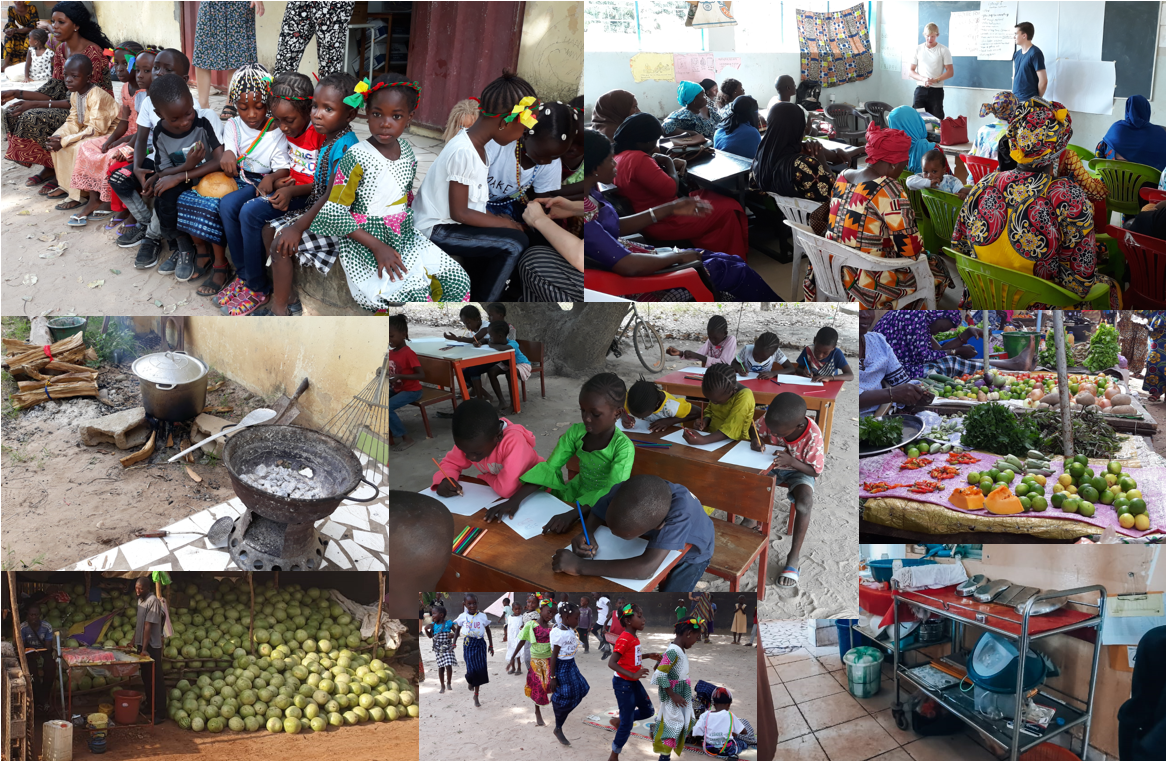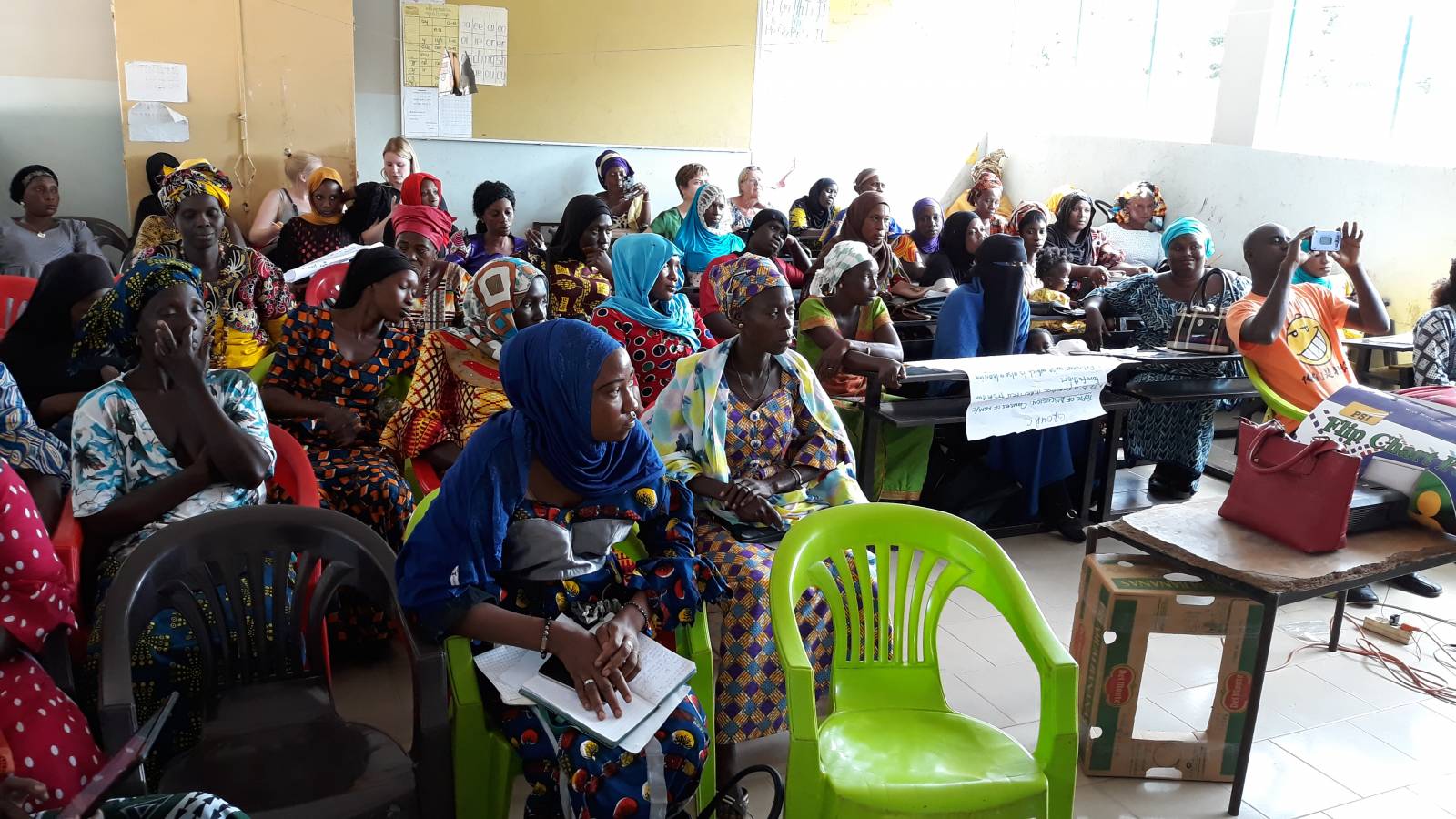On day 2 of the training workshop the locals were introduced with the 4 types of female genital mutilation/cutting. Type 1 is by far the most common in Gambia and it means the partial or total removal of the clitoris. Type 2 includes the removal of labia minora in addition to clitorodectomy, whereas type 3 goes even further in that labia majora are also removed. Type 4 is unspecified and comprises any further mutilation as well as atypical ways of conducting this procedure.
While some locals considered type 2,3 and 4 unacceptable, they found type 1 mutilation both acceptable and necessary. They were willing to carry on this tradition and wanted to defend it despite receiving information about its harmful effects. This reflects the attitude of the whole society: FGM/C has been illegal in Gambia since 2015 but at the same time the practice goes on within communities.
The Gambian law allows free expression of religion and culture but it forbids all activities which cause harm to others. Although there is a certain contradiction between practising one’s culture and criminalizing FGM/C, it’s still clear that religion or tradition can’t be used as an excuse to keep violating girls. From the perspective of internationally agreed human rights FGM/C is a form of gender based violence.
The biggest problem with this law is that it is not enforced. There has been one legal case so far but it’s not encouraging: 2 people were accused of causing the death of a three-year-old girl after performing FGM/C on her but the charges were dropped in a situation where a doctor’s testimony outweighed the one given by the nurse treating the child first when brought to hospital. In general the law doesn’t affect the everyday life of Gambians: mutilations are not reported due to social pressure and protection of relatives and not many people are willing to testify.

During the training we had the chance to hear local women share their personal stories about their traumatic experiences and their after effects. Effects of FGM/C are not only physical such as painful intercourse and urinating, constant infections and complications in childbirth, but also psychological and social. These women have experienced mistrust towards their families and difficulties in their marital relations, even leading to divorces. Some may also suffer from post traumatic stress disorder. Through sharing their stories these brave women want to change the attitudes in their communities. Already they are making change by deciding not to cut their own children. Like one of the women said, even though she is circumcised she won’t let the same happen to her children.
Arno & Tuulikki



Kommentit